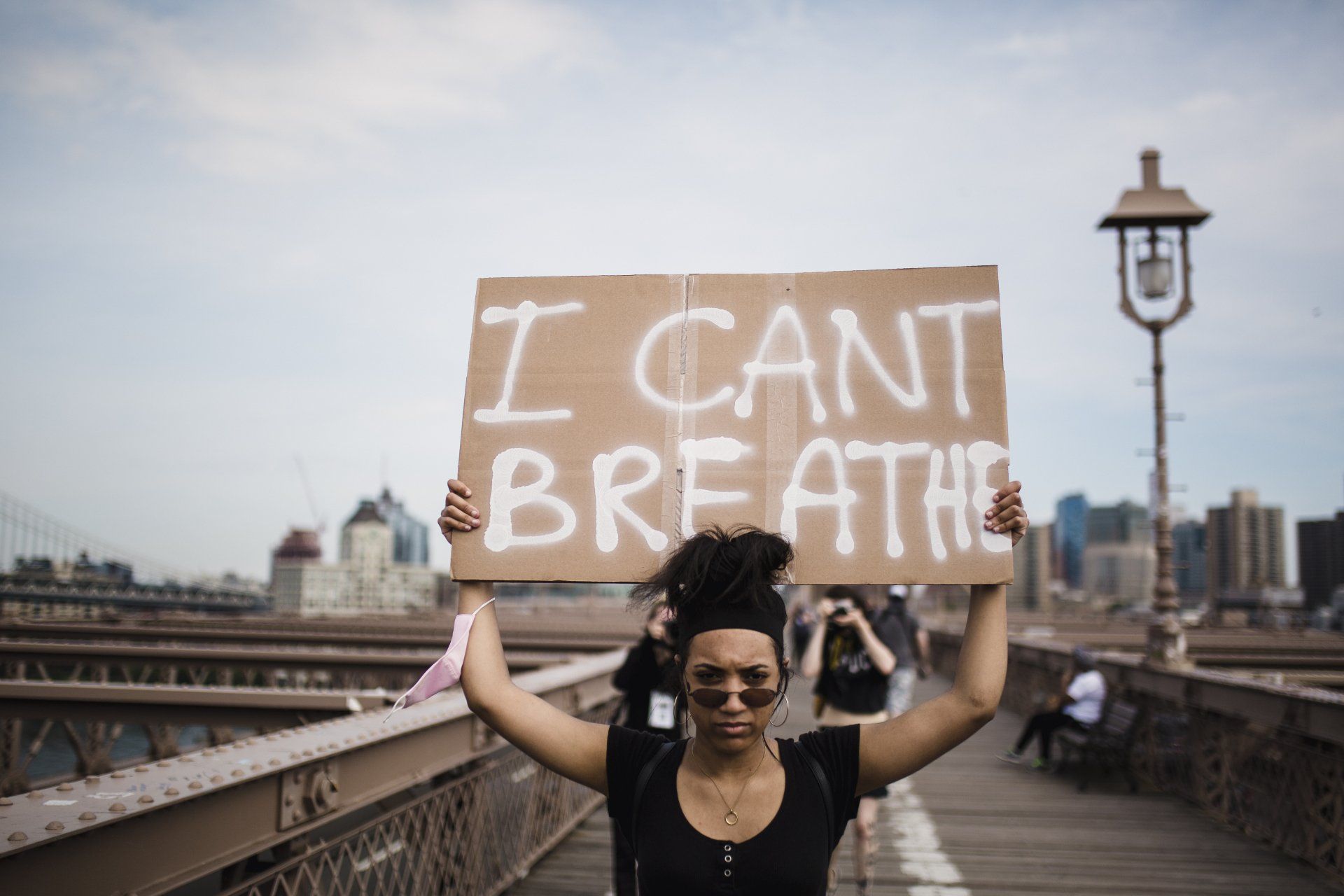By definition “aggravating” means to make something worse. In the context of criminal law, there are certain factors that can make an offence worse.
More serious charges
This means that an offence by itself may be bad enough, yet in the presence of certain factors called aggravating factors, the offence may be considered to be worse and therefore worthy of a harsher sentence. Below, are two common contexts in which you may encounter an aggravating factor.
Driving over 80
In cases where you are charged with driving a motor vehicle with a blood alcohol level above the legal limit, you have already committed the offence of over 80. However, if your blood alcohol level exceeds 160, then your reading is aggravating and as such, the sentence imposed may be harsher because of that high reading. In other words, a blood alcohol level above the legal limit but that is below 160 will warrant a certain sentence or punishment. But if your blood alcohol level equals or exceeds 160, then you are in the aggravating range and a judge may impose an even harsher sentence because of the high reading.
Domestic violence
The fact that an offence occurs within the context of domestic violence is aggravating. For example, an assault on a spouse or on an intimate partner is an assault that occurs in the context of a domestic relationship. Because of the domestic nature of the assault, the sentence imposed may be harsher to account for the fact that the assault took place on a person with whom the accused has a close, intimate and trusting relationship.
It is important to be aware of the fact that some factors may be aggravating as they might go to sentencing and justify a harsher sentence. For that reason, pay attention in the facts of your case as to whether or not there are aggravating factors. If there are such factors, then know that they might explain why the Crown is asking for a harsher punishment on a guilty plea or why a judge might impose a harsher sentence in your case.

About The Author
Maya Shukairy is a criminal defence lawyer based in Ottawa, Ontario. Before becoming a criminal defence lawyer, she worked in a Crown’s Office gaining experience working as a Crown prosecutor. Maya offers her services in English, French and Arabic. Shukairy Law has affordable rates and accepts Legal Aid certificates.
Find this post informative?
Share it with your friends and family.
CAUTION: the information on this page does not constitute legal advice and is NOT a substitute for legal advice. To obtain legal advice please refer to a lawyer. If you do not have a lawyer and you are seeking legal advice, you may contact us at (613) 670-5819.
Take a look at a few other posts...



